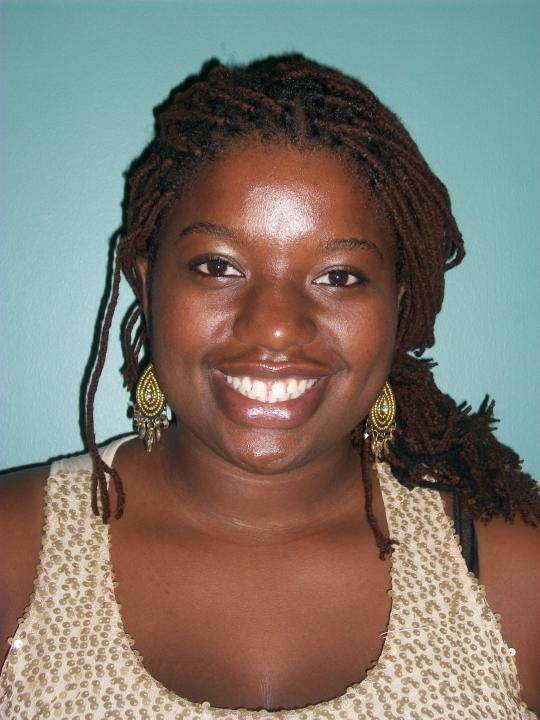Community Based Participatory Research Workshop II
Finding Cultural Humility Through Research
What began like many other workshops that the CCE hosts for faculty and community partners, turned out to be a wonderful journey to discover our inner sense of humility. There was an eclectic group of men and women who all had an interest in cross cultural communications and partnerships in future research.
Opening your mind and heart to a new experience is what developing cultural humility is all about. Yet, often discussions of multicultural competence, while well meaning, don't do enough to bring reciprocity to community based participatory research. This is where cultural humility comes in. The facilitator shared the definition from Melanie Tervalon & Jann Murray-Garcia in the Journal of Health Care for the Poor and Underserved: Cultural humility is a lifelong commitment to self-study, redressing power imbalances, and developing and maintaining mutually respectful dynamic partnerships based on trust.
It's simple to discuss topics like cultural humility, but none can help you experience it through expression like Dr. Vivian Chávez did during the workshop. She gave "a very informative, well organized talk. It was very instructive for me and I enjoyed it very much" said Dr. Ali Kujoory, Professor in the Department of Engineering Science.
Vivian, a professor in the Health Education Department at San Francisco State University, presented a workshop on cultural research and humility. She let us know that in addition to learning about cultural humility, we would be experiencing it first hand with a breathing exercise, a drawing activity and a synthesis of both art and education to help us connect with the written material. While I was open to the exercise and curious about how it would fit in to the discussion about cultural humility and research, I could see that some of the participants, including some faculty members, were nervous and even resistant to the plan.
The presentation began with a discussion of an article in which a research team at the Children's Hospital in Oakland addresses the differences between cultural competence and cultural humility when training staff and student residents about serving diverse populations. The first step in the process is opening to self-reflection and becoming a life-long learner. This prepares you to become flexible about your experiences with different groups and populations you will encounter. It's critical that you let go of preconceived stereotypes about such groups as well.
The next part of the workshop was when the blood got pumping. Vivian published and presented an article about the ways that dancing is much like Community Based Participatory Research. So, we got up and danced! First, it began with breathing exercises, quietly taking deep and deliberate breaths. Next, we were stretching our arms and backs while sitting in our chairs. Lastly, she suggested that we get up and walk around and feel the space. Much like cultural humility, it takes a while to let go of your assumptions about what you should be experiencing. In a workshop you wouldn't expect to get up and start dancing. "It was very interesting to do the body movement exercises, the self-reflection started right away," Dr. Sawako Suzuki, Associate Professor at Saint Mary's College of California explained. You have to let yourself go and trust that the experience will be positive.
Other responses were just as positive. When asked how the workshop will impact her, Sawako said, "I want to incorporate these exercises into my research class. I would love to do the writing exercise." Lynne Morrow, Musical Theatre Director and Vocal Program Director in the Music Department said, "My method of teaching is in not making assumptions about what people know. I work with students who have different levels of sophistication in terms of their skills. Listening to the way they communicate is a way for me to understand who they are. I have to move everyone forward, so exercises like this help me figure out where everyone is. Overall, this process is a confirmation that I am on the right track."
The workshop ended with a written reflection. We put a symbol that represented ourselves on a paper and wrote about our experiences. Then we passed them around for others to read and share responses.
Learn more about the first Community Based Participatory Research Workshop.
Stay tuned for the 2013 community based participatory research workshop.

Author: Chirelle McCorley

